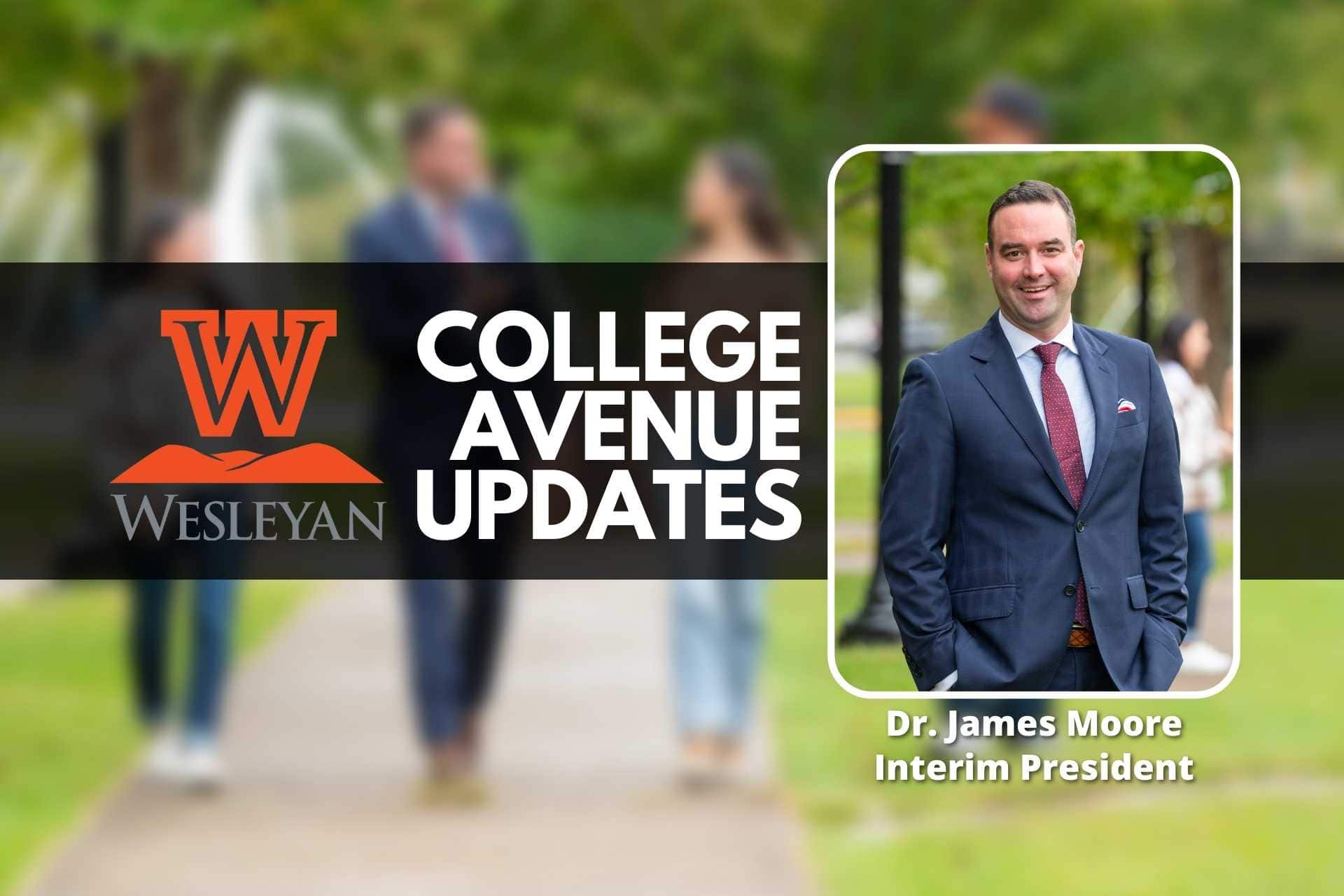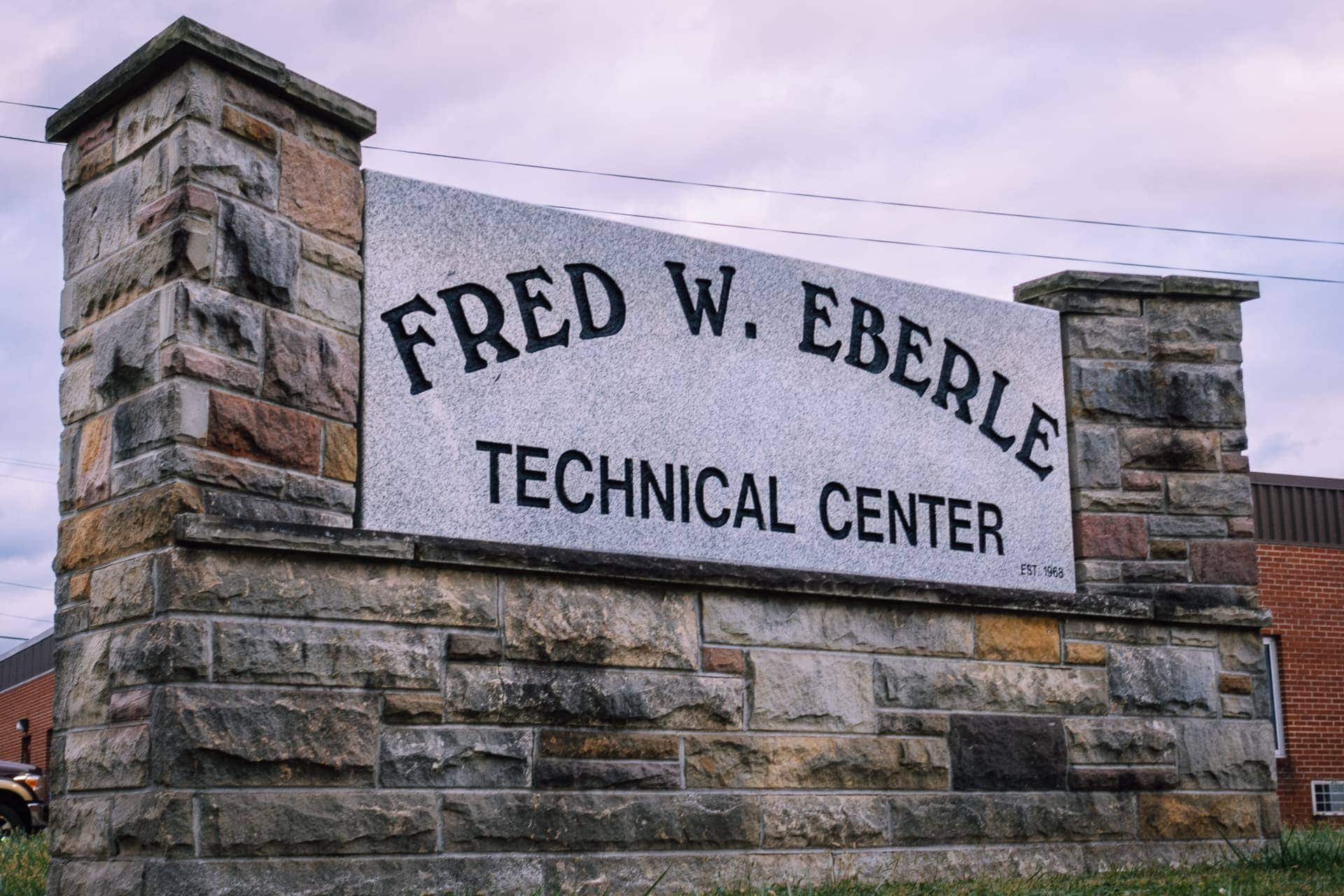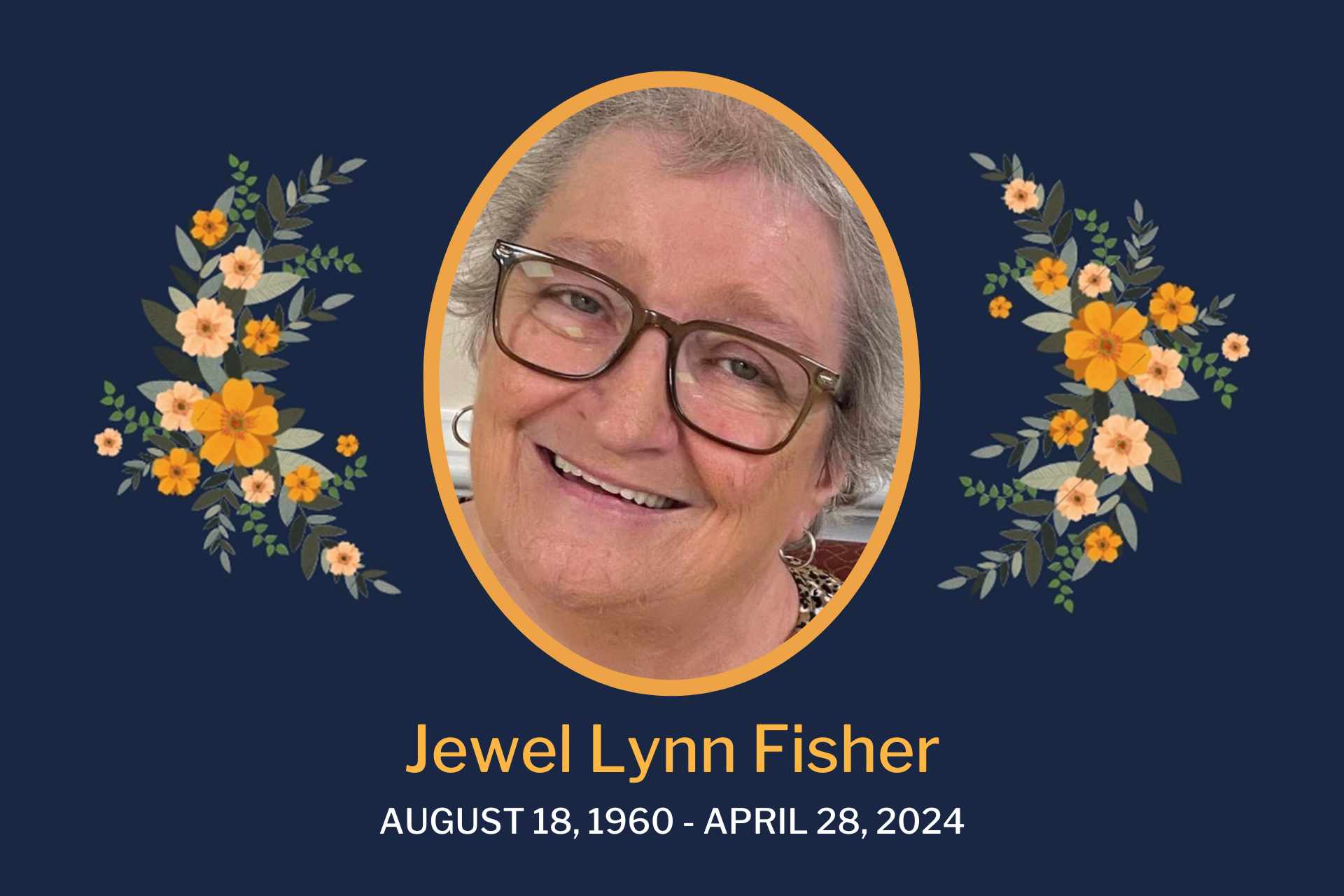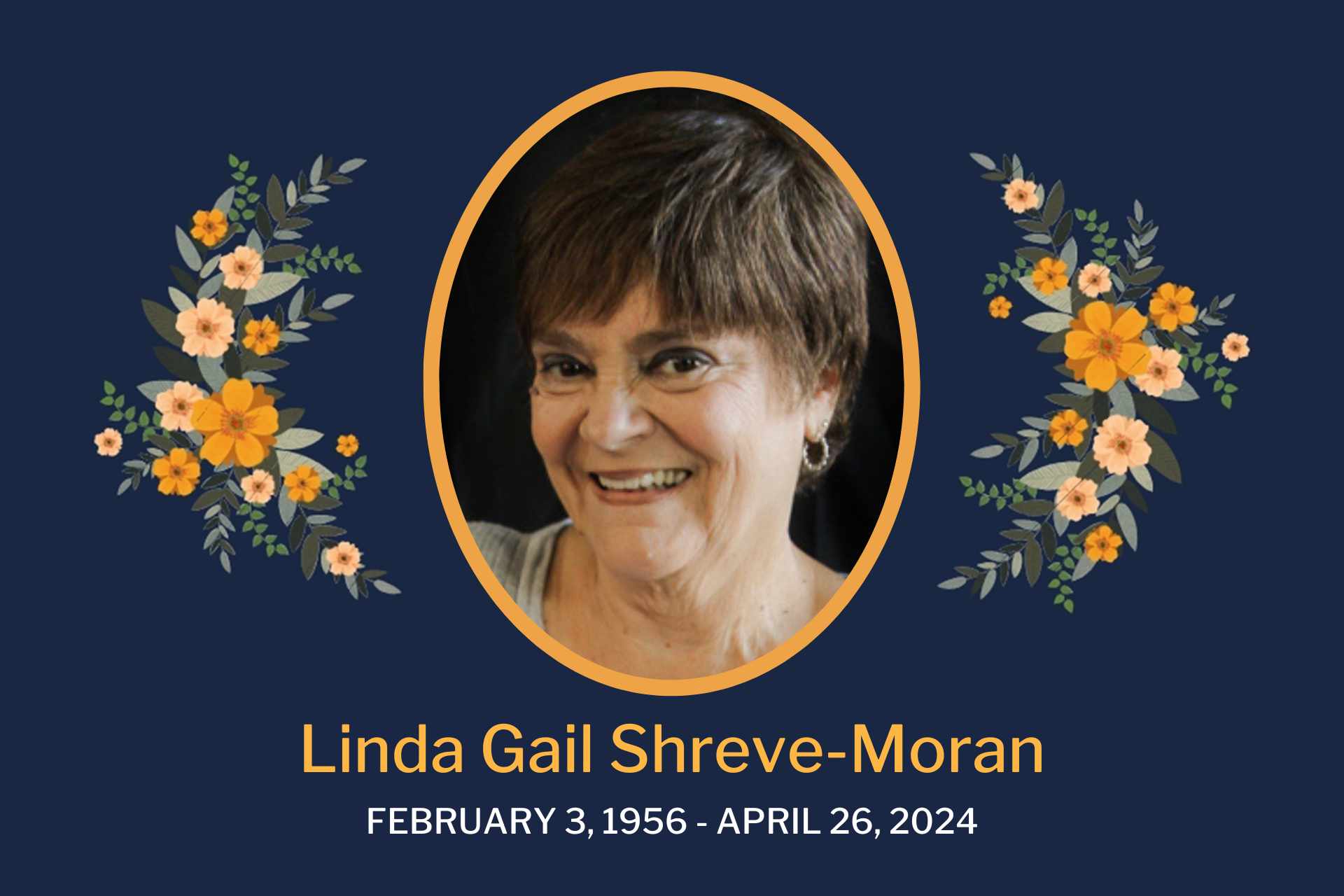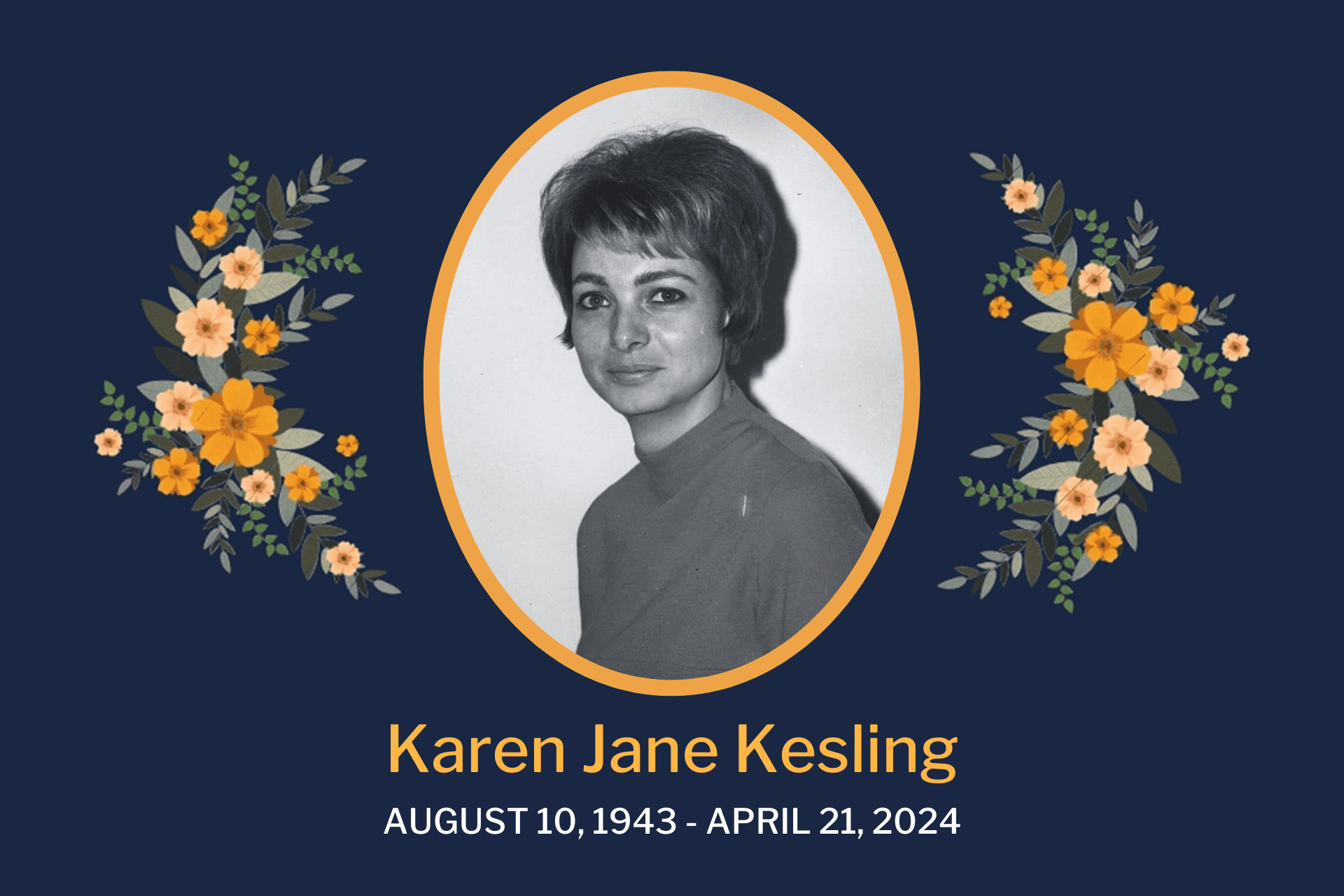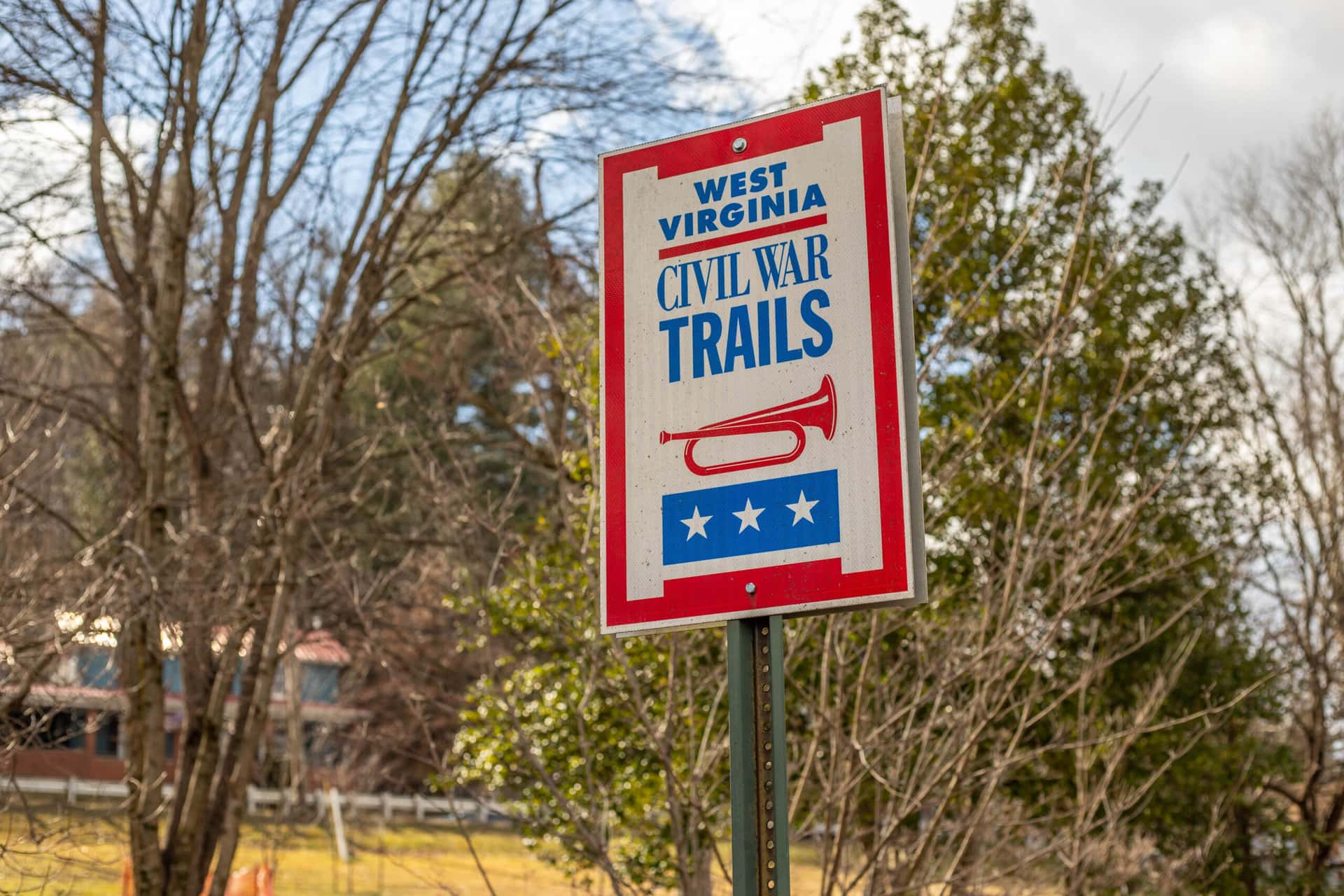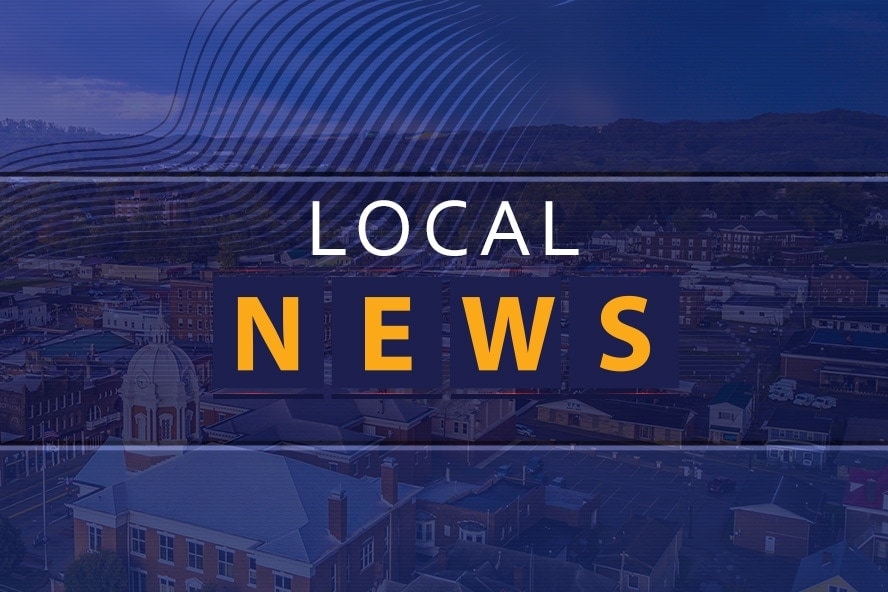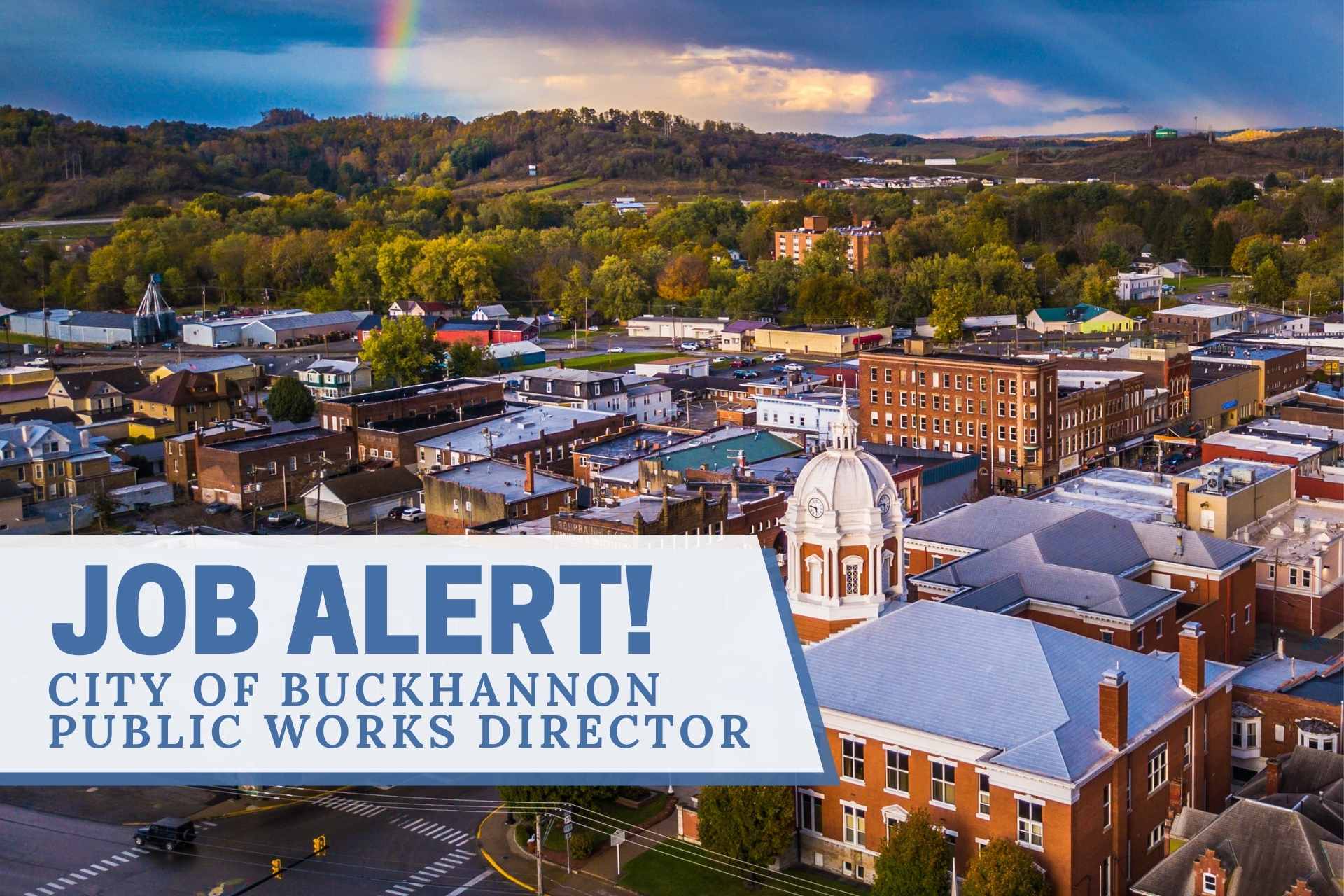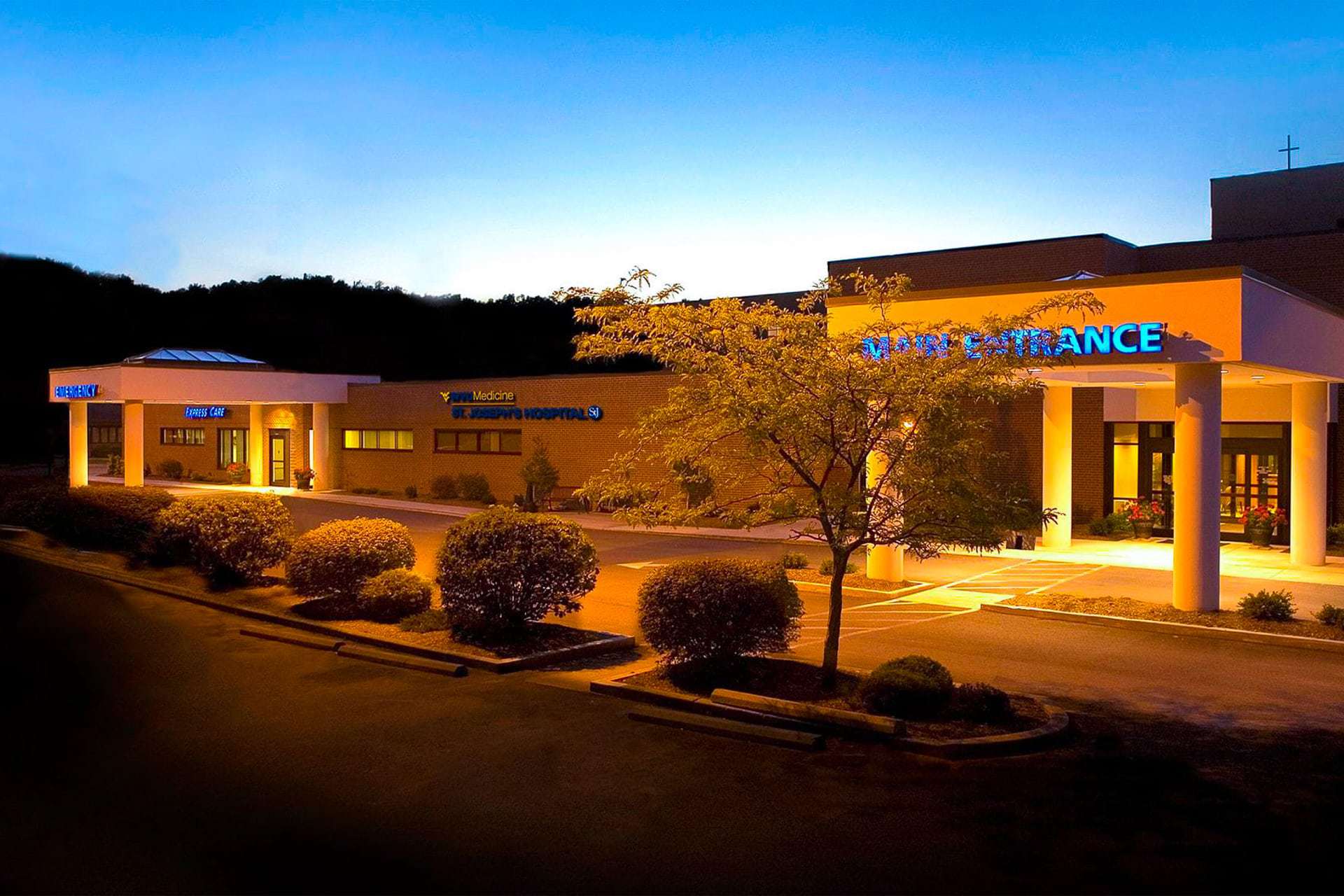By Dr. James Moore
Interim WVWC President
Hello again, and thanks for reading our second installment of College Avenue Updates! It has been an exciting few weeks since my last column. There’s so much that’s ripe for discussion and consideration in higher education these days, and I hope this month’s offering is meaningful to you.
It should come as no surprise to you that the most important part of our mission here at the College is to educate. To teach. That might be the ultimate “no brainer” to you, and I certainly get why you may feel that way. Isn’t that the point of a college or university’s existence, after all? Certainly. But what sometimes gets missed is the fact that, at places like Wesleyan, teaching is central to our identity.
Not all colleges are the same. Our missions should drive us, our size and scope often dictate what our priorities are, and hundreds of years of identity all shape what each college considers its most important aspects. At West Virginia Wesleyan College, I can say with certainty that our students’ learning and educational development is our highest priority. Our faculty and staff members care deeply about the successes of our students, and that’s absolutely what motivates all of us to do our jobs every day. It’s what makes a small college such an ideal place for students to learn and be truly prepared to graduate and embark on successful careers. To quote one of my longtime colleagues in the Music Department here at WVWC, “students are the greatest measure of our success.”
Wesleyan has small classes. We always have. That’s not unique to us, nor is it unique to higher education. But, I think it’s important to point out we have always worked hard to capitalize on our size. Large, Research 1 universities often have enormous class sizes for foundational courses, sometimes with several hundred students sitting in a lecture hall. I took classes like this, and I assisted in teaching these classes while I was a graduate student. There’s nothing wrong with this practice, but I always felt, as a student in these settings, like it really didn’t matter all that much if I was there. Faculty at these large universities do a lot of really important research, and thank goodness they do. Our lives are better for it as a society and we need these innovations to keep coming.
Faculty at West Virginia Wesleyan College spend time doing important research, too, but the difference is that many of them use this work to directly impact the learning of our students every day. They also spend considerable time working to become better teachers. They use rich data and student feedback to understand how they’re meeting our students’ learning needs, and what they can do to be constantly improving. They meet in very intentional groups to assess their work as educators, and they do so willingly. When students struggle with course material, as we expect them to because we have high standards, our professors spend lots of time making sure that they have the support they need to improve. I’ve seen this for the entirety of the seventeen years that I’ve been at WVWC. And I know from hearing the many stories I’ve heard that this tradition of faculty going the extra mile has been a part of our history since the College was founded.
And it’s not just the faculty that put this kind of time into being better teachers here at WVWC. Our staff are some of our best educators, whether that’s in student life, campus activities, or on the field of athletic competition. Just this past weekend, I jumped into the Buckhannon River as part of the Polar Plunge. I was so proud to see so many of our students there participating, working to raise funds and awareness for the Special Olympics. They were following the example that many of our staff members set by being there, actively working to make our community a better place.
I wanted to talk about this this month because sometimes, I think people assume that the size of a college or university is connected to its quality and that “bigger” means “better.” I really reject this notion. I think coming out of the pandemic it’s going to be more important than ever for small colleges to step further into the educational space to serve society’s needs and prepare all learners for the next step in their journeys. When a student needs help at WVWC, we know their name, we know their needs, and we can respond. When a student needs that extra opportunity, they get it here, because they’re seen and we pay attention as a college.
COVID taught us a lot about what we were and weren’t doing right as a society when it came to teaching and learning. It also has caused us all to pause and reflect on what students need for the long haul, and I know with confidence that the care, attention, and excellent instruction they receive at colleges like Wesleyan are all part of the solution to the years of effects that the pandemic’s disruptive nature caused.
So, I invite you to always consider, when thinking of why a college like Wesleyan exists, that our identity is tied to our desire to be an institution where great teaching and learning happen. Students are who we serve, and we’re honored to do so. I believe there will always be a place for this special college, and I look forward to many more years of passionate teaching happening here.
